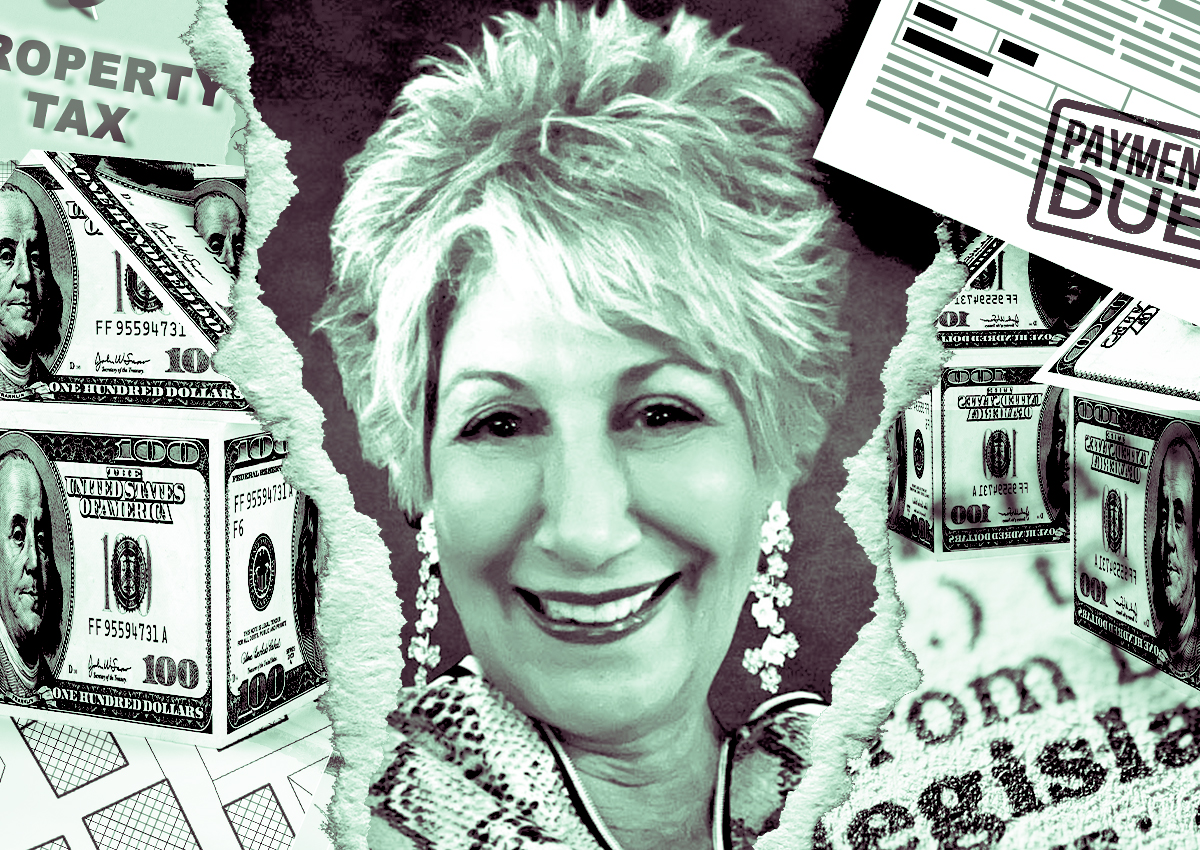A lawsuit against the city of Chicago alleging that sales of properties over tax debt were racially discriminatory has been dismissed.
A disproportionate number of Black- and Latino-owned properties are targeted for tax sales, but to say that is because of race is “too big an inferential leap,” U.S. District Judge Matthew Kennelly of the Northern District of Illinois ruled last month, Crain’s reported.
Tax sales are under scrutiny after a U.S. Supreme Court ruling on a case from Minnesota last year found the practice unconstitutional, because it effectively allows local authorities to unfairly seize homeowner equity. Counties were selling properties for back taxes and keeping all of the proceeds, beyond the amount owed.
The Supreme Court ruling could cost Illinois counties millions of dollars, but local governments are fighting back on the argument that Illinois law allows residents who are the targets of tax sales to request excesses beyond the taxes owed.
Several people in Chicago, Maywood and Evanston whose homes were sold, and two nonprofit housing groups — Southwest Organizing Project in Chicago Lawn and Palenque LSNA in Logan Square — filed the lawsuit in December 2022. They claimed Cook County’s tax sale system violated the federal Fair Housing Act and the Illinois Civil Rights Act because of its “pernicious and disproportionate effects on communities of color.”
The lawsuit shined a light on the extreme racial disparity of tax sales. While 52 percent of the county’s population identified as Latino, Black or two or more races, 75 percent of tax sale properties were in majority Black and Latino neighborhoods in 2021.
The suit claimed that tax sales and the county officials in charge of them, including Cook County Treasurer Maria Pappas and late former Cook County Clerk Karen Yarbrough aggravated racial inequities and exacerbated the racial wealth gap.
But Kennelly wrote that the case failed to show that the county or its officials made choices that rendered them responsible for any constitutional violation, because county officials are following state law, which doesn’t leave room for racial bias.
The lawsuit didn’t “indicate that any part of the tax-sale system was developed or operated with a discriminatory motive,” Kennelly wrote.
Notably, Kennelly didn’t dismiss the lawsuit’s claim that the county violated the homeowners’ rights by taking away the equity in their properties, the issue at the heart of the Supreme Court ruling. It’s unclear whether or how the case will move forward regarding that claim.
—Rachel Stone
Read more



